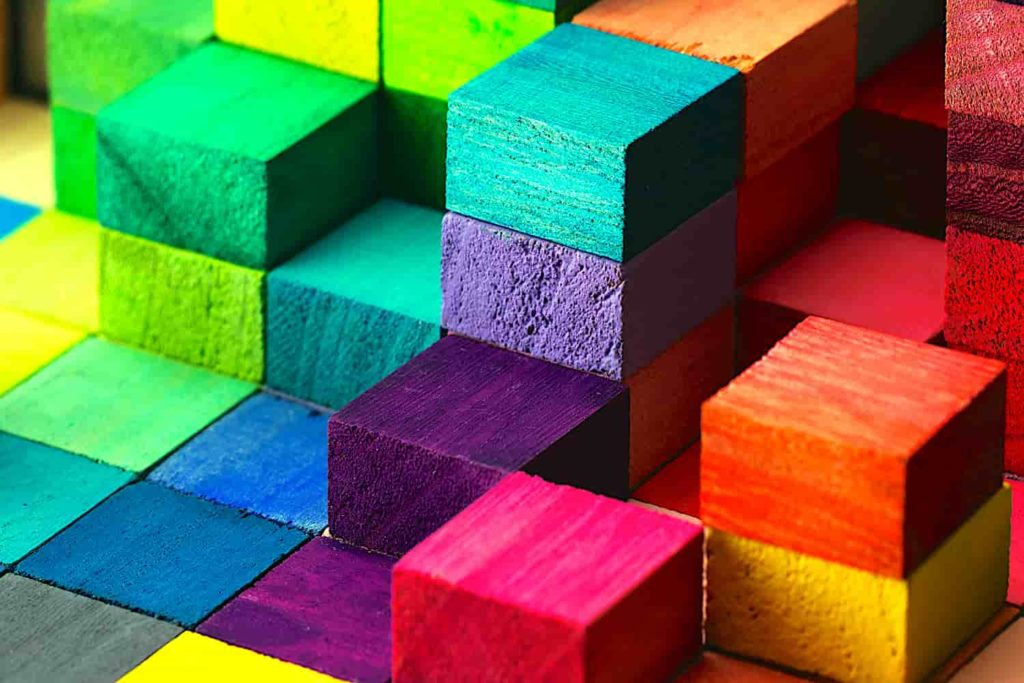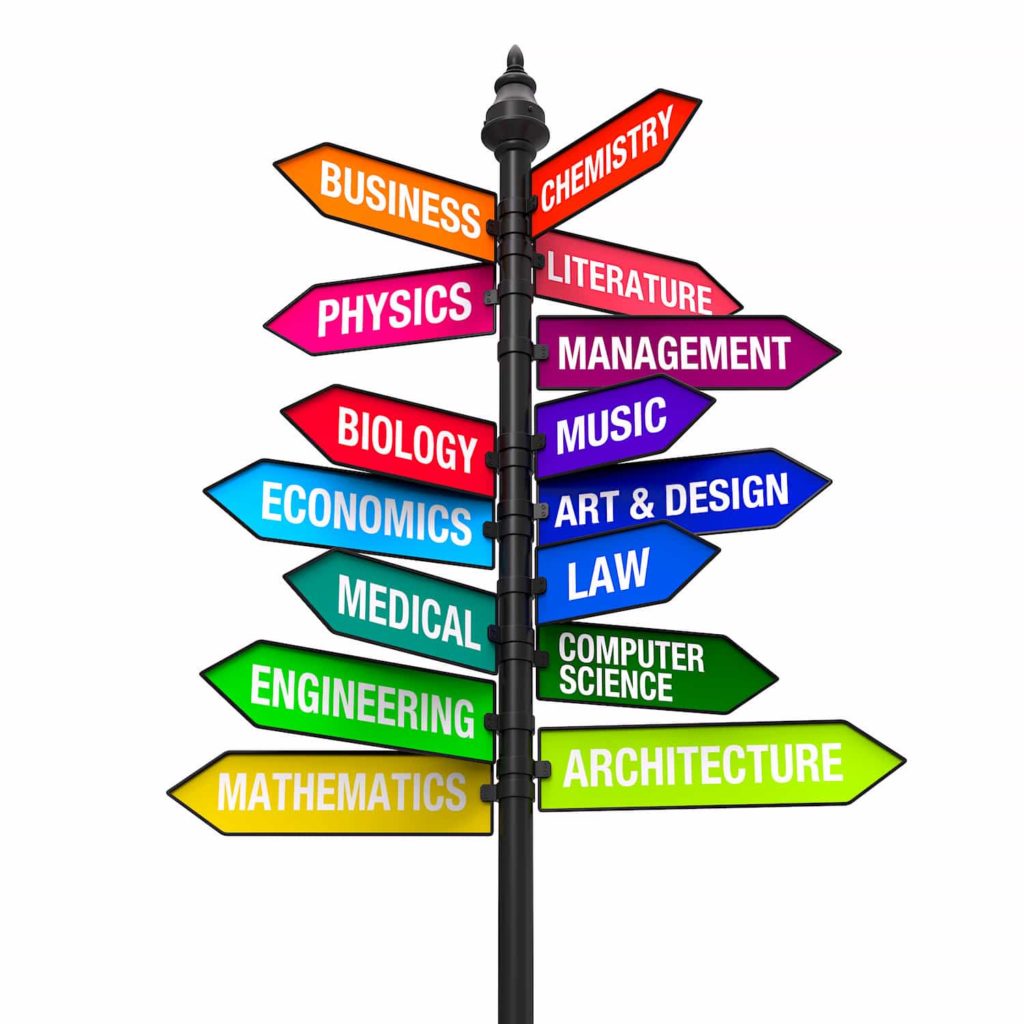
Educational Variety for Creativity and Contentment
Everyone who has been to school has an opinion about education. While there are a few people in every industrialized society who have never experienced formal education, most people undergo some classroom instruction, whether ending at the primary, secondary, or post-secondary levels. With so many “educated” people in our societies, everyone fashions themselves an expert on education.
On the other hand, relatively few people have considered the effects of educational approaches (methods of instruction, variety of subjects offered, etc.) on creativity. That is not to say that there isn’t research on education and creativity; there have been many small-scale studies that have examined, for example, how specific classroom activities affect student outcomes on particular creative tasks. Much less controllable and measurable are the effects of broader systems of education on imaginative ability and creative problem solving. This post focusses on these effects and asks the question, in terms of creativity, which is preferable: breadth or depth of instruction.
Education as a Building Block of Creativity
This post is one in a series on the building blocks of creativity, and from the beginning I have contended that creative material comes from two sources: experience and education. Having already dedicated a post to experience, and specifically the benefits of choosing novel experiences over classic or traditional ones, this post begins to explore creativity and education.
Creativity is all about connections. We don’t create out of the void, but rather do so by making connections among pieces of preexisting information. To summarize, creativity is the ability to make novel connections for a productive outcome. But what exactly are we connecting when we exercise creativity? It is the information contained in our minds, the building blocks of imagination (if you will), which we obtain through our daily experiences and our formal and informal learning.

Of these two types of building blocks, education is the more structured. Experiences happen to us day to day, and although they can be curated (and I argue that they should be), they can also occur haphazardly. Education, on the other hand, requires active decisions and organization. Moreover, formal education usually happens in systems with policies and curricula. Many of us are passive, unfortunately, in the ways that we and our children participate in these systems. I argue for the importance of choosing systems and advocating for curricula that enhance creativity –not just in the arts– but across all of the disciplines.
Education that Enhances Imagination
In the broadest of terms, education itself bolsters creativity. The more pieces of information you have in your mind (in other words, the more varied the building blocks), the more imaginative connections you can make. Specifically, and most importantly, the more different types of information that your education provides you, the better the material you will have with which to create.
This contention may seem rather logical at first, but think of the degree to which many educational systems actively work against this principle. In the United States, for example, there has been a proliferation in recent decades of magnet schools or specialized schools that funnel children into specific fields instead of exposing them to a breadth of subjects. STEM schools (for science, technology, engineering, and math) as well as schools specifically for the arts are examples of this. The U.S. is not alone; many national systems of education around the world begin to silo children into specialized tracks from an early age.

Even at the post-secondary level, colleges and universities are under increased pressure to reduce the number and variety of “core courses,” “distribution courses,” “electives”, or “generals,” the classes that give students opportunities to explore subjects beyond their majors.
This type of focus reduces inherently creative people into specialized “cogs” that perform specific functions at the lower levels of various industries. Early and continued specialization is not helpful, however, at creating inventive members of society who will innovate and solve problems at all levels of their various fields and within society at large.
Benefits of Breadth
The advantages of a broad education are enumerable, and not just in terms of creativity. Here I share a couple of these benefits to be explored in more detail in upcoming posts.
In terms of imaginative problem solving, the answers to the most pressing dilemmas in business, industry, and society rarely come from within a specific field, but rather at the juncture of disciplines. Often a concept from one field is used as the key to solve a pressing problem in a completely different realm.
In terms of career satisfaction, a broad education provides innumerable benefits. Young people often initially chose career paths either as the result of a fun experience with a charismatic teacher in high school or based on the hopes and dreams of their parents. These decisions are often disastrous because they are not informed by the true interests of the student. In my time as a professor, uncountable adults have shared stories of “wasted years” in careers they hated, only to find passion and happiness in a different field later in life. A broad-based education not only helps students select the fields most fulfilling for them but also makes them better, more creative contributors to whatever fields they do finally choose. Specialization can come later.

In modern society, we spend a large portion of our lives in school. This is a good thing in terms of creativity, as education provides us with an expanding set of building blocks with which to create. To get the most out of that education in terms of creativity, professional success, and personal satisfaction, it is better to choose a breadth of subjects over early specialization. Knowledge in a variety of disciplines not only increases contentment and creativity, it also makes us more interesting people. Why construct the edifice of our lives out of building blocks of just one shade if we can choose from all the colors the rainbow?